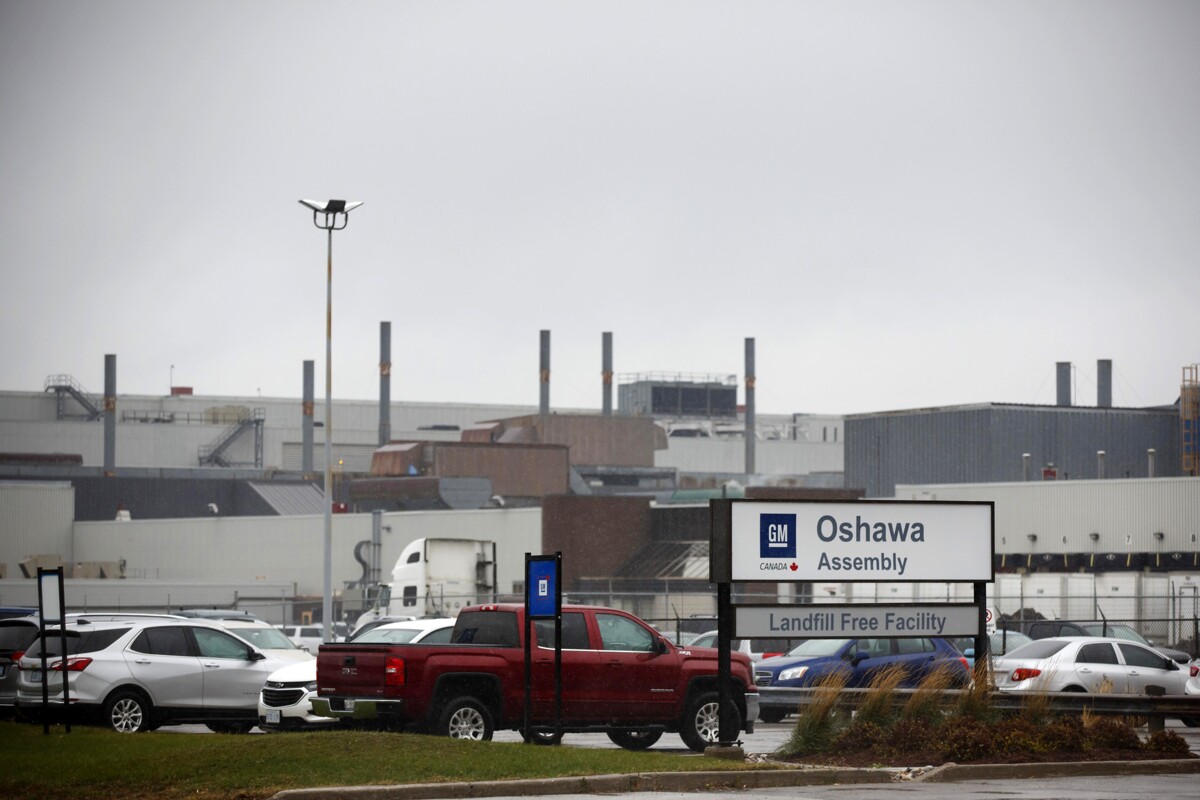
General Motors has announced the creation of 250 new jobs in Fort Wayne, Indiana, aimed at boosting production in that location, where the company also manufactures the Silverado.
President Donald Trump imposed a 25% tariff on cars manufactured abroad in early April, although a "relaxation" was later announced to mitigate the impact on automotive companies. GM has lowered its annual profit outlook due to an exposure of up to $5 billion to tariffs on automobiles, being one of the largest financial impacts revealed so far by any company due to the trade war.
In response to GM's decision, Ontario authorities expressed their solidarity with the Oshawa workers affected by the situation. Canadian Prime Minister Mark Carney expressed his condolences to the workers and their families and announced that revenue from reciprocal tariffs would be allocated to help those affected. Canada allows car manufacturers to import a certain amount of assembled vehicles from the United States tariff-free, provided they maintain vehicle production in the country.
Regarding General Motors' assembly plant in Canada, which primarily manufactures pickup trucks for export to the United States, shifts have been reduced from three to two due to the current trade situation. GM has decided to reorient the Oshawa plant in Ontario to produce more trucks aimed at the Canadian market. The Oshawa plant is GM's only plant in Canada still producing consumer vehicles, while another factory in Ontario that manufactures electric commercial vans will remain inactive for several months.
Unifor's national president, Lana Payne, has called GM's decision "irresponsible" and warned of its effects on the auto parts supplier network. The union, which represents 3,000 workers at the GM plant, has criticized the reduction of shifts and plans to investigate whether the plant in St. Catharines, Ontario, which supplies engines to the Oshawa factory, will also be affected by this measure.










